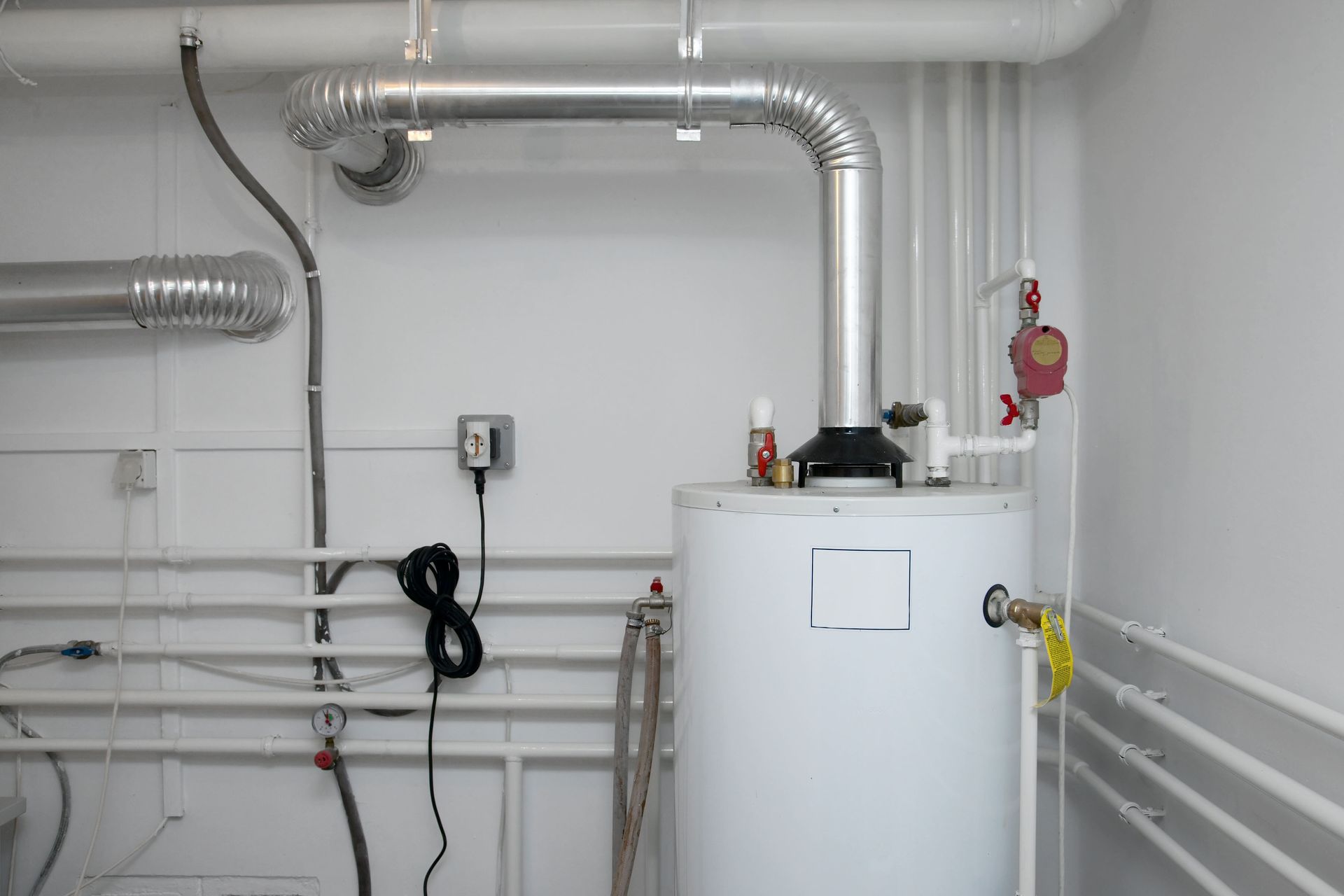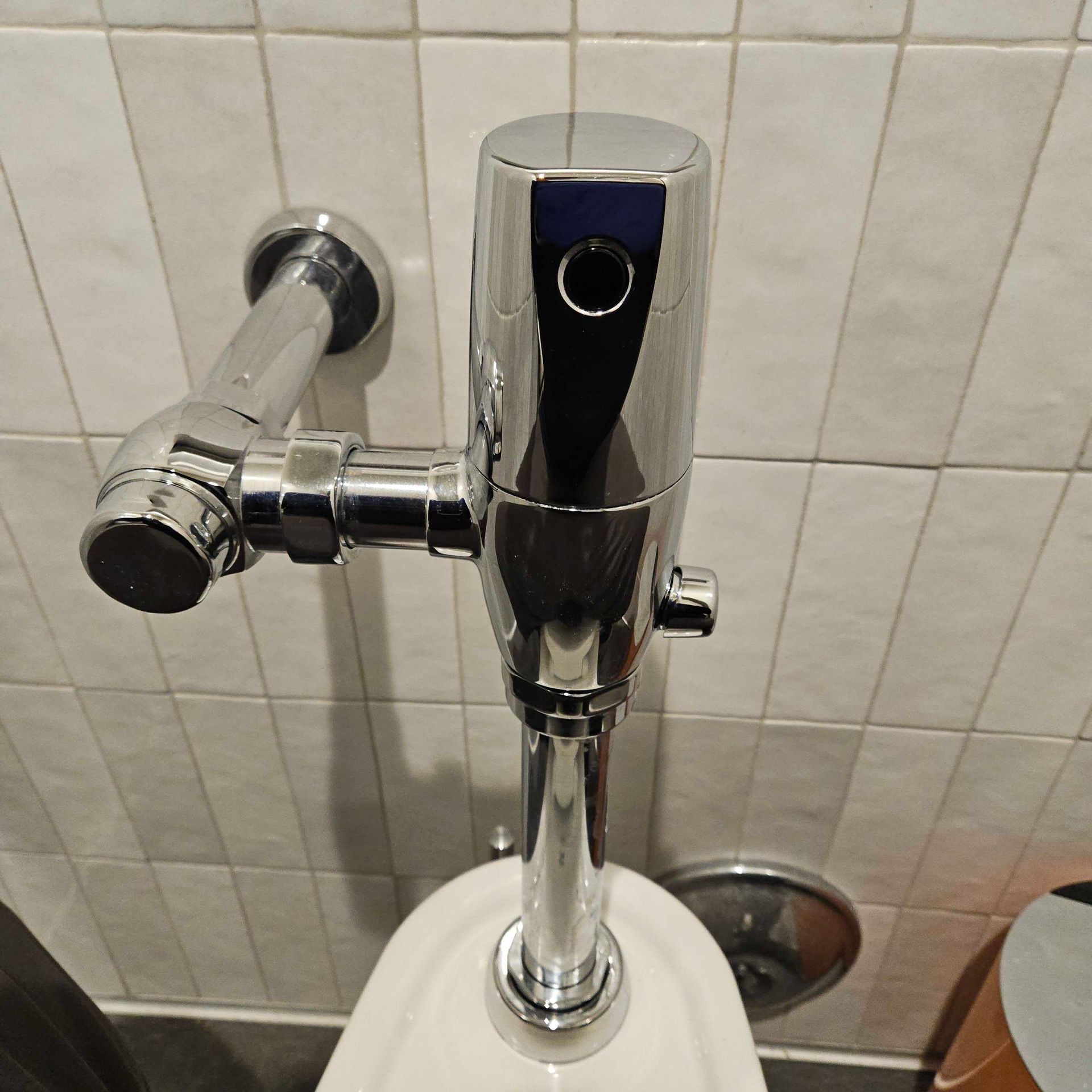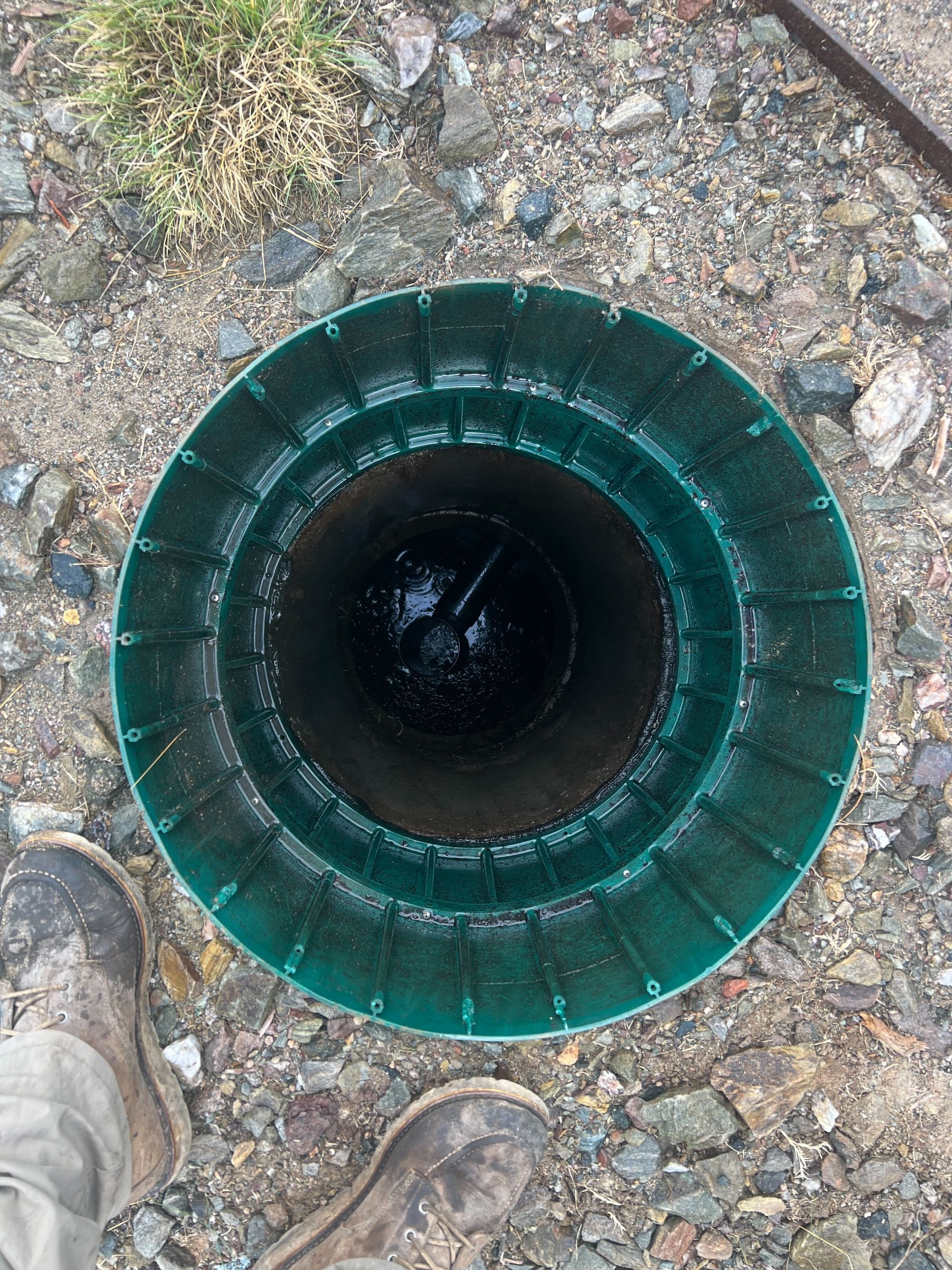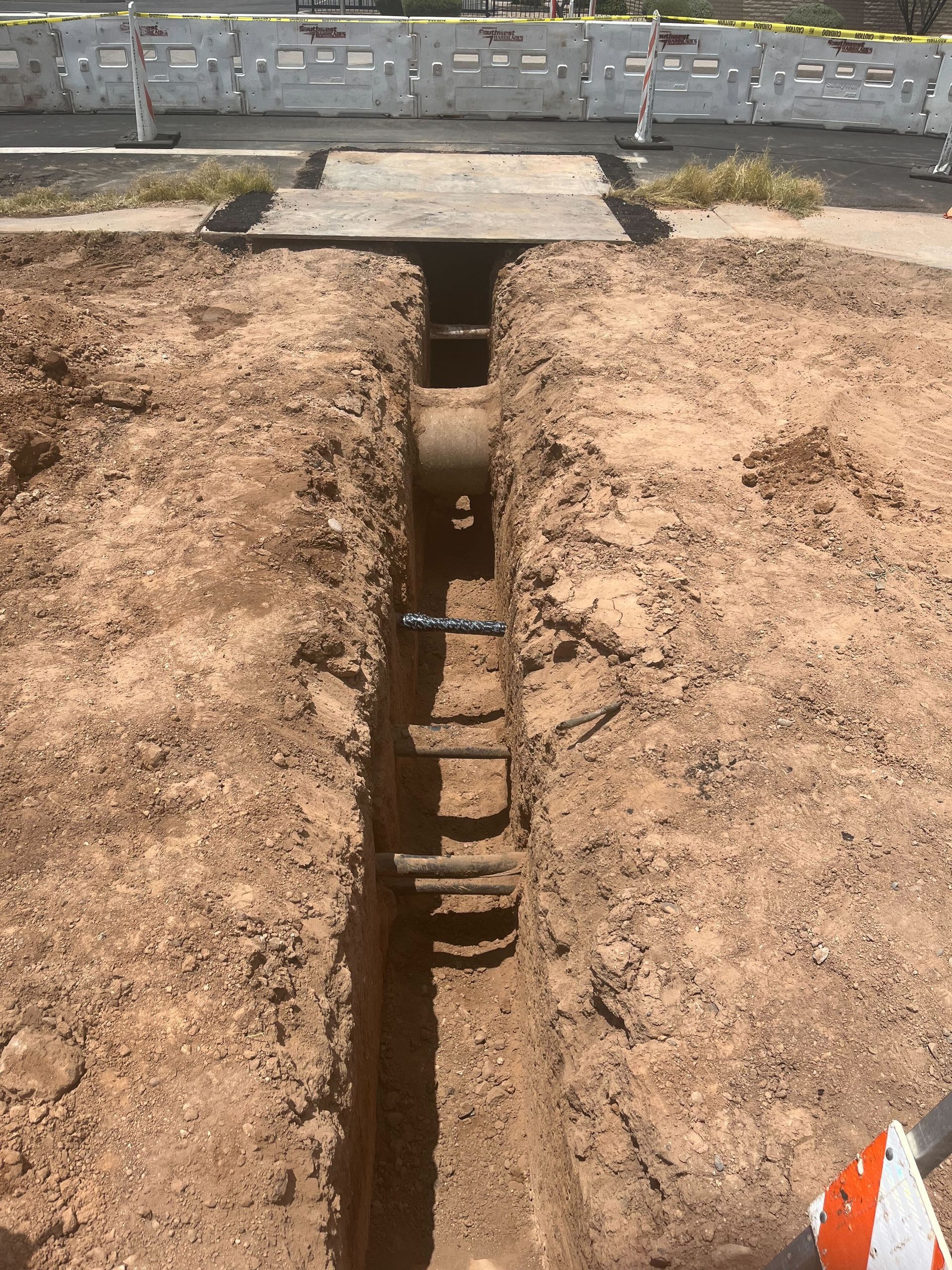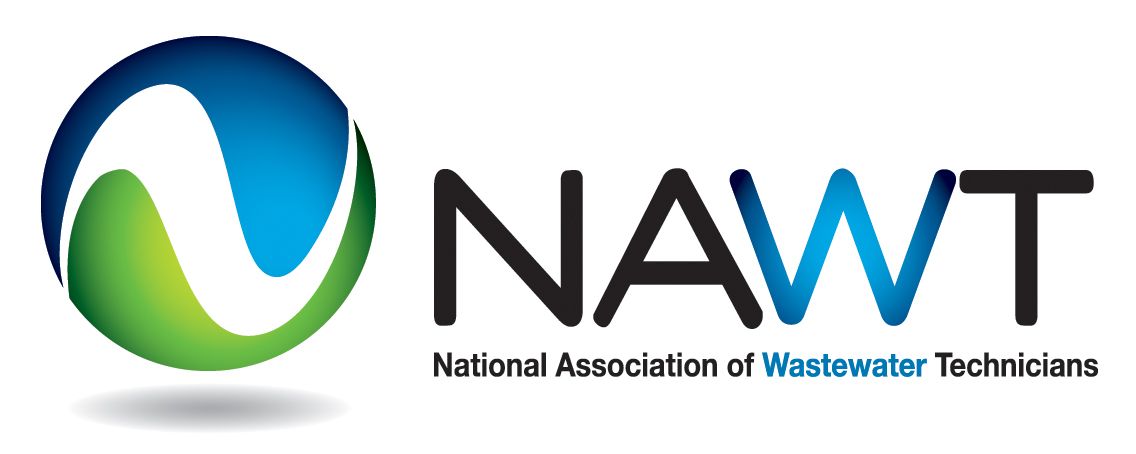November 5, 2025
Water heaters are one of the most relied-upon appliances in any household. They provide comfort, hygiene, and convenience, yet they are also often overlooked until problems arise. Knowing when your water heater is nearing the end of its life can save you from major inconveniences, costly repairs, and even water damage. Recognizing the warning signs early allows you to plan a replacement with the guidance of a trusted professional. In many cases, consulting a local residential plumber ensures you get an expert evaluation and timely service tailored to your home’s needs.
1. Understand the Age of Your Water Heater
Every water heater has a lifespan, and knowing where yours falls is the first step in planning. In our experience, we have found conventional tank-style heaters usually last between eight and 12 years, while tankless models can perform for 15 to 20 years when properly maintained. If your water heater is approaching the lower end of its expected lifespan, start preparing for a replacement rather than waiting for an emergency. This proactive mindset helps avoid the chaos of an untimely breakdown.
You can easily check the manufacturing date by locating the serial number on your unit. This small step provides insight into whether your heater is still within its prime years or nearing its expiration. Once you have this information, you can better schedule maintenance or replacement before your household is left without hot water. A local residential plumber can interpret this data and guide you toward the right timing.
2. Recognize Inconsistent Water Temperatures
One of the earliest red flags that your heater is faltering is inconsistent water temperature. If you notice that your showers alternate between hot and cold without reason, it may be time to investigate further. These fluctuations typically point to malfunctioning heating elements or a thermostat that is no longer working correctly.
The heating element is at the core of your unit’s performance. Sediment buildup, corrosion, or simple wear can prevent it from heating water efficiently. While minor repairs may buy you some time, repeated problems are a strong indicator that the unit is beyond reliable repair. Calling a local residential plumber for an inspection ensures you receive professional advice about whether fixing or replacing makes the most sense.
Thermostat failure can also play a role, creating either scalding water or barely lukewarm flows. Beyond inconvenience, this can create safety hazards in your home. At times, replacing the thermostat is enough, but often these issues point to broader system decline. If repairs don’t resolve the inconsistency, a replacement may be your best investment.
3. Address Strange Noises From Your Unit
A healthy water heater runs quietly, so odd sounds are almost always worth investigating. Popping, rumbling, or knocking noises are most often caused by sediment buildup at the bottom of the tank. As water heats, minerals harden and create a barrier that interferes with performance, producing noise in the process.
Routine flushing is a common solution, but if sediment is too thick, the noise will return quickly. Persistent sounds are a sign that the heater is reaching the end of its efficiency and may soon fail. A local residential plumber can flush your system and help you decide if repair is still worthwhile or if replacement is the smarter long-term solution.
4. Watch For Leaks Or Moisture Around The Tank
Any sign of moisture near your water heater should raise immediate concern. Even small leaks can lead to significant water damage, especially if they seep into flooring or walls. Over time, this can result in mold, rot, or structural issues that cost far more than the water heater itself.
Leaks can originate from several sources, such as valves, connections, or the tank body. While a faulty valve may be repairable, leaks from the tank itself usually mean corrosion has taken hold and cannot be reversed. In this situation, a replacement becomes inevitable. Calling a local residential plumber ensures the leak is accurately diagnosed and resolved before the problem spreads.
5. Look for Discolored or Rusty Water
Perhaps one of the most visible signs of water heater trouble is when rust or discoloration appears in your water. This issue usually arises when internal components of the tank are corroding. According to This Old House, one sign that indicates your water heater needs maintenance is if you see any rusty water coming from your taps. While this can sometimes stem from old plumbing pipes, it often points to a failing heater.
Rust is more than a cosmetic concern—it compromises water quality and signals that your system is deteriorating from within. Testing your water with a simple home kit can confirm whether the heater is the culprit. If corrosion has spread significantly, no amount of maintenance will reverse the damage. At that point, replacement becomes the safest and most practical solution.
6. Monitor Rising Energy Bills
An unexpected increase in energy costs often indicates your water heater is no longer operating efficiently. When sediment builds up or heating components degrade, the unit requires more energy to deliver the same amount of hot water. This inefficiency becomes apparent when your utility bills start to climb.
Old technology is a major factor in these rising costs. Outdated models lack the insulation and efficiency features of today’s systems, meaning they burn more fuel or electricity to maintain performance. A local residential plumber can perform an energy-use assessment and help you compare repair costs versus the benefits of a new system.
7. Evaluate Frequent Repair Needs
If your water heater seems to need repairs every year—or even more often—it may be time to accept that it’s past its prime. Small issues like faulty valves, thermostats, or elements can sometimes be fixed, but repeated breakdowns are a clear sign that the system as a whole is deteriorating.
Repeated repairs add up quickly, often costing more than simply investing in a new unit. When calling a local residential plumber, ask for an honest assessment of whether continued repairs make sense financially. In many cases, homeowners spend more on maintenance than they would on replacement within just a few years.
8. Consider Household Growth and Hot Water Demand
Sometimes, replacement isn’t about failure—it’s about evolving needs. If your household has grown or your hot water demands have increased, your current heater may no longer be sufficient. Running out of hot water frequently is a clear signal that your system is undersized for your family’s lifestyle.
A
local residential plumber can evaluate your household’s daily water usage and recommend the right size and type of heater to meet your needs. Whether it’s upgrading to a larger tank or switching to a tankless system, matching capacity to demand makes a significant difference in comfort and efficiency.
Water heaters may not be glamorous appliances, but they are indispensable in every home. Recognizing the early warning signs of trouble saves money, avoids emergencies, and keeps your household comfortable. From leaks and strange noises to rusty water and high energy bills, these indicators provide valuable clues about your system’s health. By working with a trusted local residential plumber, you gain the expertise needed to make smart decisions about repair or replacement. At Macho Contracting, we’re proud to serve Arizona homeowners with family-owned dedication since 2016, offering comprehensive plumbing and septic solutions to keep your home running smoothly. Contact us today to discuss your water heater replacement and secure reliable hot water for years to come.
